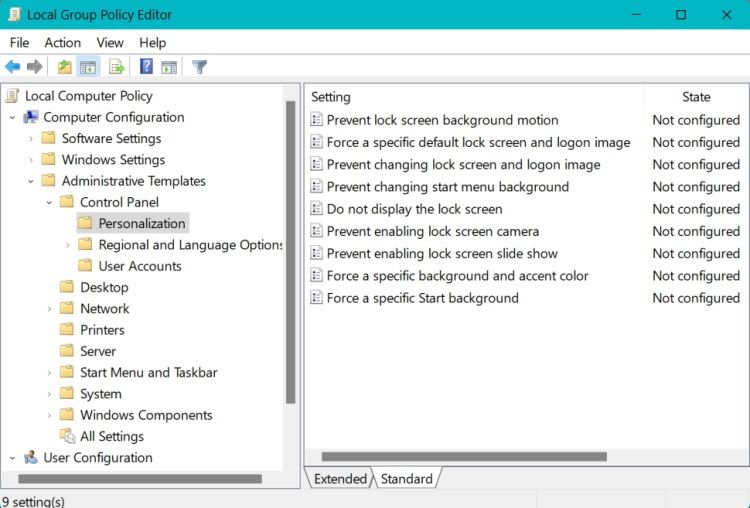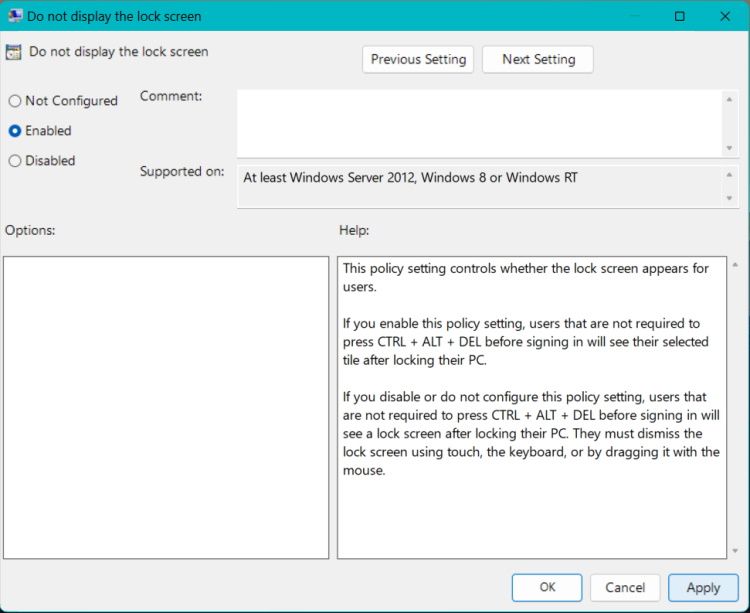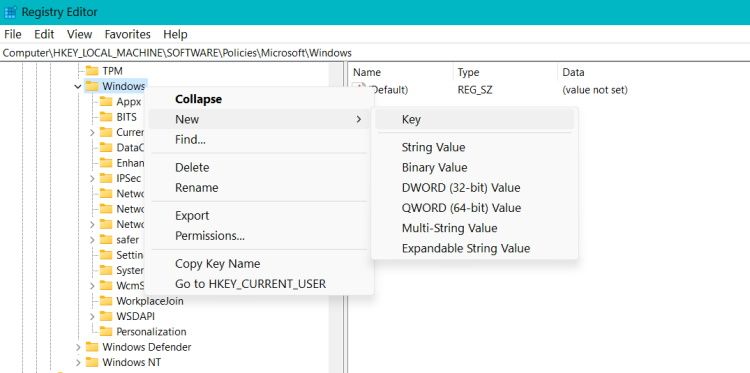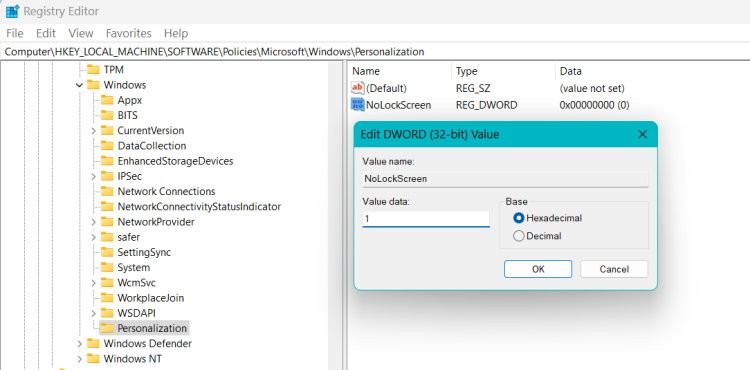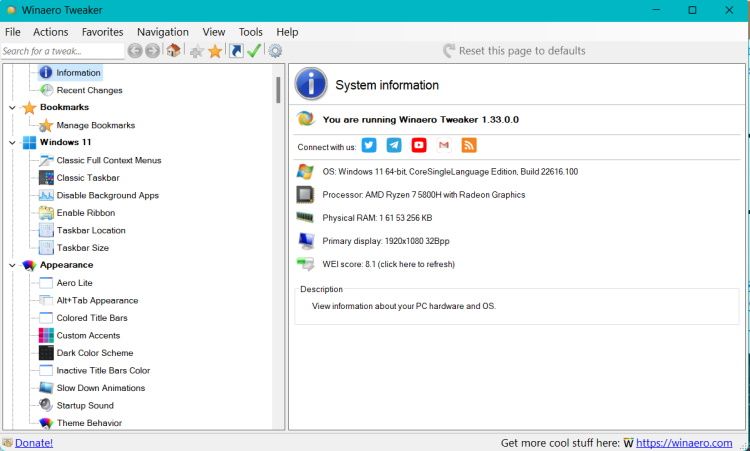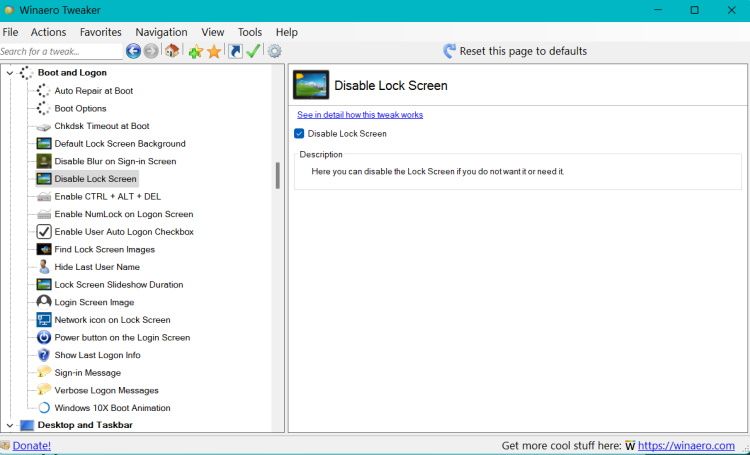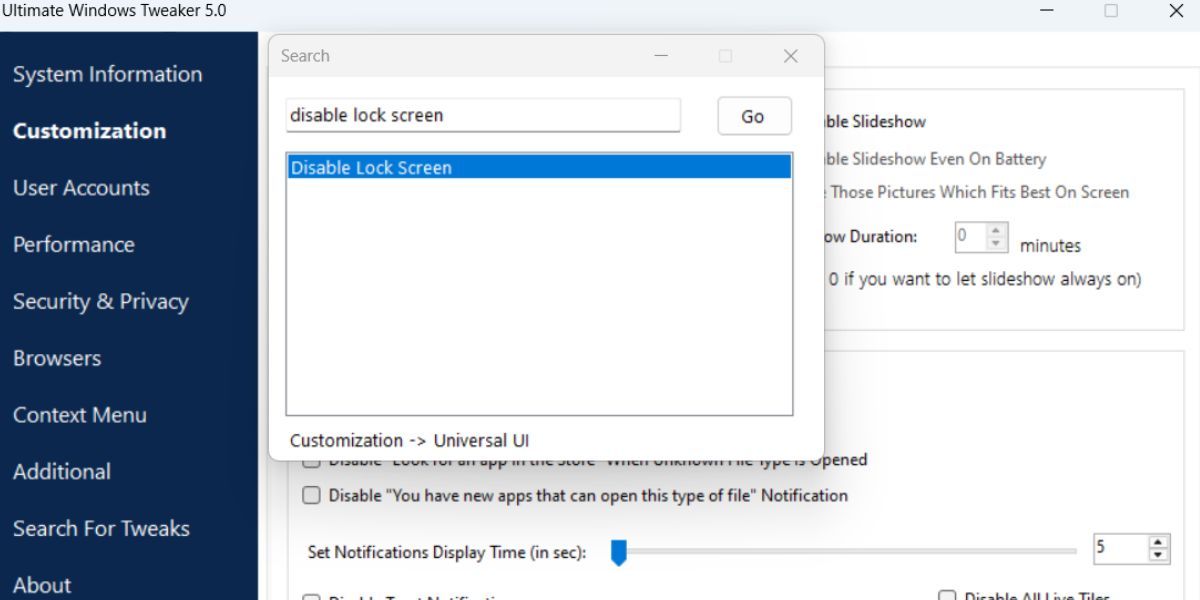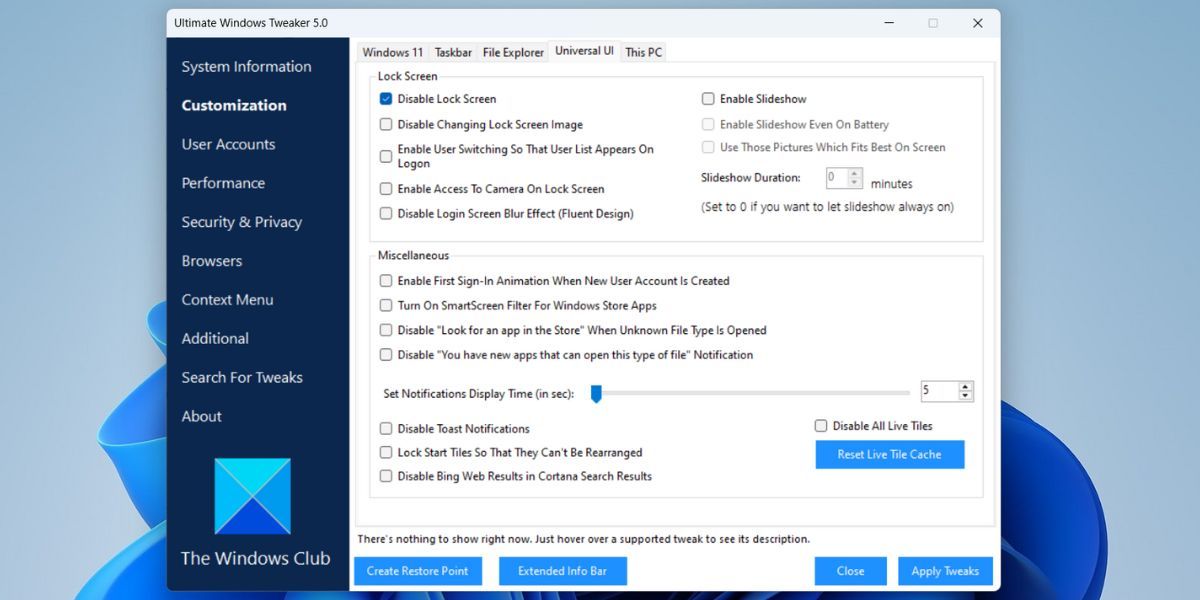Windows 11 has a gorgeous lock screen that serves as a gateway to the system. After that, you encounter the logon screen, which requires a password/PIN/fingerprint. But not everyone needs a lock screen and beautiful wallpaper every time they boot up their system.
Call it a personal observation, but the lock screen adds an extra step to the login process. So, if you want to remove the lock screen and go directly to the logon screen in Windows 11, this post will offer many methods to do it.
Why Consider Disabling Your Lock Screen?
The Windows lock screen is the first barrier to getting to the desktop. It displays a background image, date and time, and app notifications. But if you don't want to see any of those things, then disabling it makes sense. After removing the lock screen, you can go straight to the desktop after entering your PIN/Password. You can also set up a lock screen-free computer for a public computer.
Disabling the lock screen doesn't remove the logon screen. You still have to input the PIN/Password to enter the system. You can also remove the PIN/Password requirement on the logon screen to go to the desktop faster (and if privacy isn't a concern).
Now, you are aware of the pros and cons of disabling the lock screen. Here are the four easy methods to disable the lock screen on Windows 11.
1. Use the Group Policy Editor
The Group Policy Editor is an essential Windows administration tool. You can adjust password requirements, startup programs, and other features. Note that GPE is only available for the Professional, Ultimate, and Enterprise Windows versions. You can refer to our complete Group Policy Editor guide.
Here's how to disable the lock screen using Group Policy:
- Press Win + R to launch the Run command box on your system.
- Now, type gpedit.msc and hit the Enter key to open the Group Policy Editor.
- Then go to the left-hand side panel. Navigate to Computer Configuration > Administrative Templates > Control Panel > Personalization.
-
Double-click on the Do not display the lock screen option in the Personalization options.
- A new window with detailed settings for the option will open. The enabled option will be active by default which means that the lock screen is active.
-
Click on the Disabled Radio button to disable the lock screen on your system.
- Now, click on the Apply button and click the OK button to finalize the changes.
- You need to restart your system. You will notice that there is no lock screen, and you enter the login screen straight away.
2. Use the Registry Editor
You can also disable the lock screen on Windows by tweaking the registry settings. But make sure to export a copy of your registry for safety purposes. It will help you revert to the previous registry settings in case of corruption. Check our detailed guide on how to perform a registry backup for more info.
Here's how to remove the lock screen through the registry:
- Press the Win key + R to launch the Run command box. Now, type regedit in the text input box and hit the Enter key to launch Registry Editor.
- Now, paste the following path in the text input area and then hit the enter key: Computer\HKEY_LOCAL_MACHINE\SOFTWARE\Policies\Microsoft\Windows
-
Navigate to the left-hand panel and right-click on the Windows key. Then select New > Key and name it Personalization.
- Right-click on Personalization and select New > DWORD (32-bit) Value. Name it as NoLockScreen.
- Double-click on the NoLockScreen value and set the Value Data to 1. Keep the base hexadecimal.
-
Click on OK to apply changes and Restart your system. You won't see the lock screen when your computer boots up.
- To bring back the lock screen, revert the NoLockScreen key value to 0.
3. Use Winaero Tweaker
You can try the Winaero Tweaker app if you find registry tweaking cumbersome. It is a free app that allows you to customize Windows beyond the basic options. The app offers a GUI interface with detailed information about what each option does.
Follow these steps to remove the lock screen with this tool:
-
Go to the Winaero website and download the app. Install the app and launch it.
- Now, go to the Boot and Logon option on the left-hand side menu.
-
Find the Disable Lock Screen option under the Boot and Logon section. Click on the Disable Lock Screen checkbox.
- Now, Restart your system to apply the changes. You will notice that the lock screen doesn't appear anymore.
4. Use Ultimate Windows Tweaker
Like Winaero Tweaker, Ultimate Windows Tweaker is a Windows customization app with a GUI interface. You can disable Windows 11 lock screen with this app with just one click. However, make sure to create a system restore point to avoid breaking an operating system feature.
Here's how to disable the lock screen on Windows 11 using Ultimate Windows Tweaker:
- Visit the Ultimate Windows Tweaker website and download the app.
- Extract the Ultimate Windows Tweaker archive to a new folder.
- Now, right-click on the UltimateWindowsTweaker.exe file, and select the Run as administrator option.
-
Click on the Search for Tweaks option. Type disable lock screen and press the Enter key.
- Double-click on the search result and the corresponding setting will appear in the app. Close the search window.
-
Click on the Disable Lock Screen checkbox. Then, click on the Apply Tweaks button and close the program.
- Press Win + L to log off. The Windows logon screen will appear instead of the usual lock screen.
Disable the Lock Screen and Log In Faster
Using the Group Policy Editor is a bit of a learning curve. Moreover, Windows Home users do not have access to it. So, you can try out the registry tweak to disable the lock screen on Windows 11. But if you want a GUI tool that helps you customize Windows, then Winaero Tweaker and Ultimate Windows Tweaker are both useful free app alternatives.


